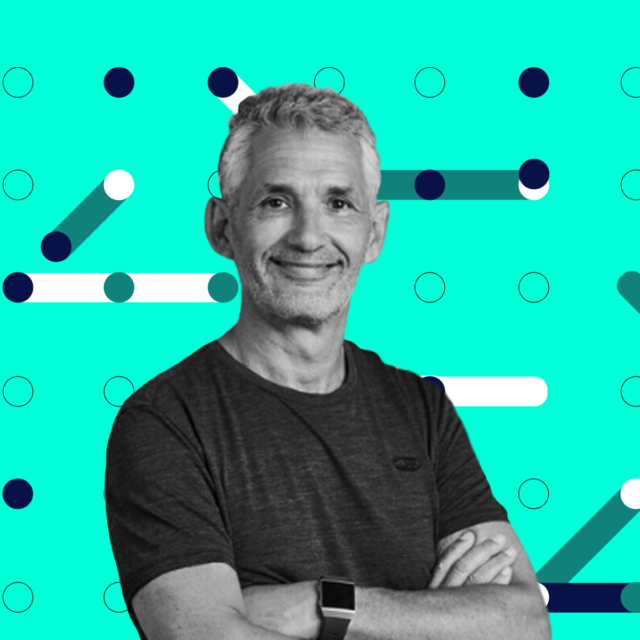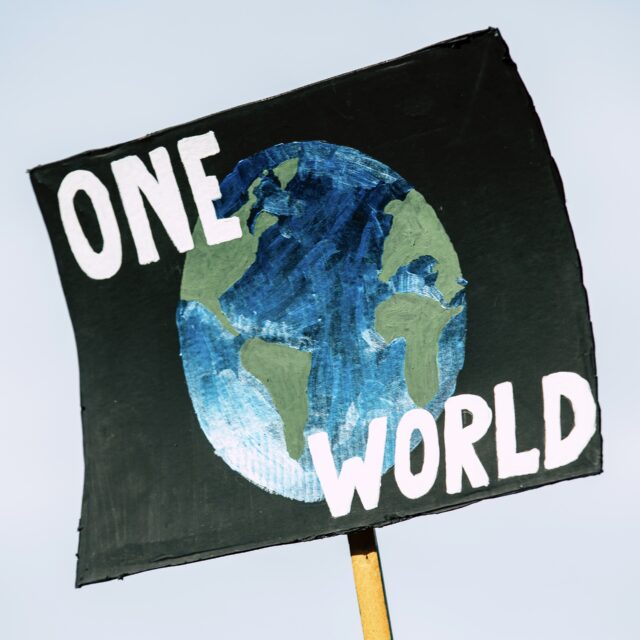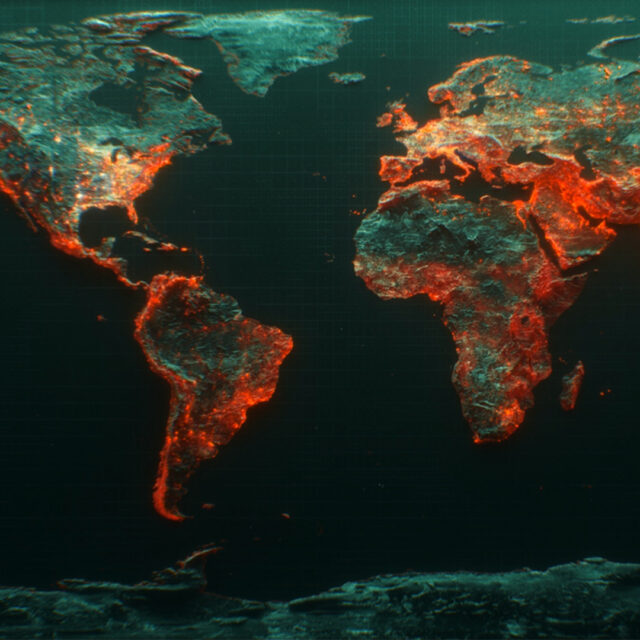Professor Tim Spector is head of the department of Twin Research & Genetic Epidemiology at King’s College London. We interviewed him as as part of our #PassTheMic series. Here’s some of what he had to say in the interview.
A few months ago, we launched a symptom study app that has gained amazing traction. More than 3.2 million people have given us data in the UK and another half a million in the US and Sweden.
This showed us there are at least 17 symptoms of this strange disease, probably more. We’re learning so much about the condition. From the mildest form, where you just have a rash for a couple of hours, to people that have two months of continuous sickness, to others that end up dramatically ill and go into intensive care.
I think this citizen science project — which is probably the largest of its kind in the world — has really allowed us to use large-scale population data to unravel the broader aspects of COVID. Hopefully we’ve alerted people to those funny symptoms that actually can tell you if you’re infected. This is very different from the narrow view doctors gave us originally, saying it was just a fever and cough.
Now we’ve linked up with the government to start using the app to get people tested. So it’s gone from a citizen project to being integrated into some of our healthcare systems.
The app has also allowed us to work out how many people in the UK are developing new symptoms every day and we can do that by region.
I love the fact that we’re able to interact with users. They’ll say things like: “Why don’t you do some more studies into these medications?” I can put all of this into the app, and within a week, we have a million people telling us what the response is. It’s science at super speed.
Just having the ability to diagnose the condition in identical ways across the globe, in a way that cost nothing for the user, is amazing. The cost of the app itself is nothing compared to a testing programme or antibody testing. So, with these 3 million people’s data, we’ve got a virtual diagnostic. People enter their symptoms and we can (within a month or so) give them an exact precise prediction of how likely they would be to be swabbed positive.
That’s something you could roll out across the globe, particularly to countries that can’t afford mass testing. If there was a philanthropist out there that wanted to fund this, we could mirror it around the world in a completely not-for-profit way.
You could basically get a radar system for the whole globe to work out what’s going on, because the symptoms might be different in Africa to China or the US.
The other thing we’re doing is continuing to highlight the alternative symptoms of COVID. Last week we finally got the UK health authorities to agree to include loss of smell and taste as one of the cardinal signs of the condition. That inclusion means an extra 16% of cases that would be missed up until now.
A global response
If we don’t get a vaccine, we will always have outbreaks, which will mean we’ll be in some form of quarantine for the foreseeable future. There’s no point in leaving poorer countries with residual effects, otherwise we will never travel again. So, it’s everyone’s problem to sort out what happens.
However, good things have come out of the chaos. We’ve discovered a new way of doing research. We’ve seen the lack of travellers has helped things like pollution. People are cycling and walking more, so it’ll be interesting to see whether they are actually healthier.
My view is that we’re not going to cure COVID, we’re just going to manage it. It’s going to be part of our lives, I think, for the next five years. But for every downside, there is a plus side, so I think we have to start readjusting our lives, how we work and listen to the science behind it.
We’ve so far reached 5% of the population, without any funding or government support. Just imagine if someone really got behind this what it could do. I think this could be so much bigger if it were more widely embraced.
These excerpts from the interview were edited for length and clarity.
Hear more from experts in our #PassTheMic campaign, where global health experts take over celebrities’ social media channels to share the data, facts, and science we need to know to end COVID-19. Follow us on Instagram, Facebook, and Twitter for more.



